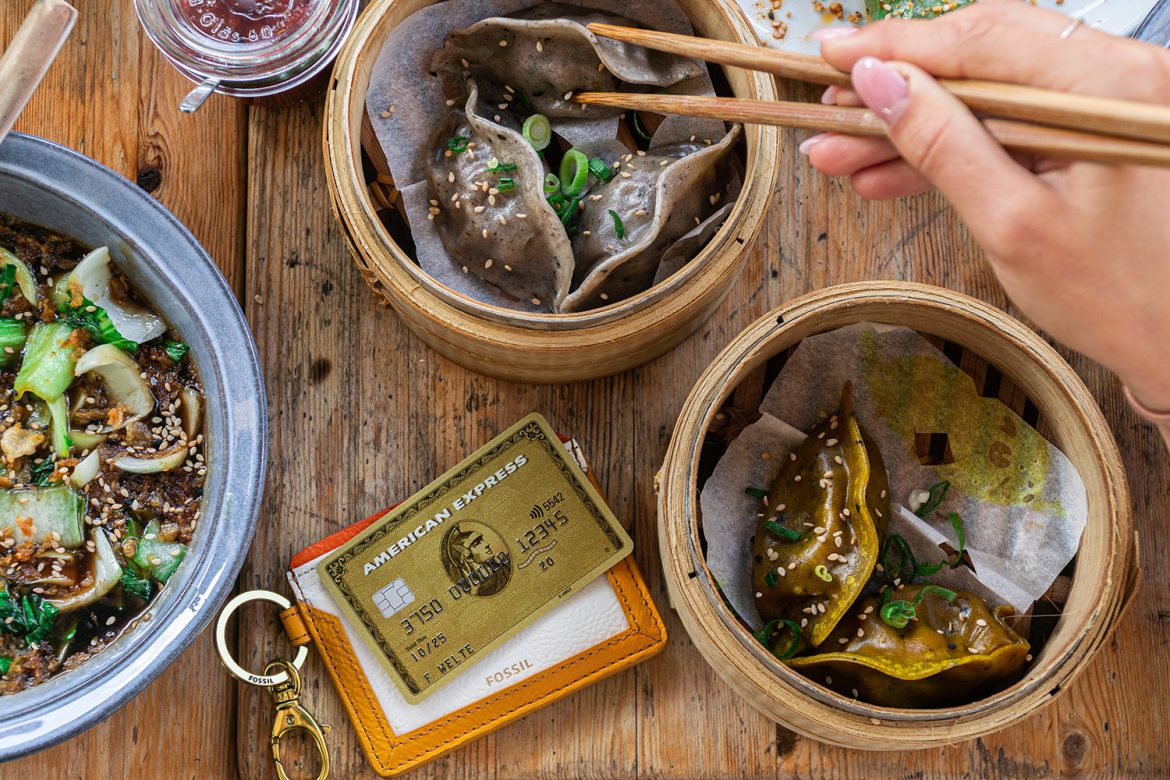Throughout the United States, it has become a well-known tradition among many Jewish families to eat Chinese food on Christmas Day. This peculiar custom has sparked curiosity and intrigue among individuals from various cultural backgrounds. In this article, we will delve into the historical, social, and cultural factors that have contributed to the establishment of this unique holiday tradition. By understanding the origins of this practice, we can gain insight into the rich tapestry of American Jewish culture.
Historical Context:
1. Early Jewish Immigration:
Jewish immigration to the United States in the late 19th and early 20th centuries resulted in a diverse community with varying traditions.
Many Jewish immigrants settled in urban areas, where Chinese restaurants were present and provided an affordable dining option.
2. The Rise of Chinese Restaurants:
Chinese restaurants gained popularity during the early 20th century due to their exotic appeal and affordable prices.
Jewish immigrants found Chinese cuisine to be a suitable alternative to traditional Jewish fare, especially since it often adhered to kosher dietary laws.
Shared Cultural Similarities:
1. Outsider Status:
Both Jewish and Chinese communities faced discrimination and exclusion during their early years in America.
Bonding over shared experiences of being outsiders created a sense of solidarity between these two communities.
2. Sabbath and Christmas Day:
The Jewish Sabbath (Shabbat) begins at sunset on Friday and ends at sunset on Saturday, during which observant Jews refrain from cooking.
Since most non-Jewish establishments, including restaurants, were closed on Sundays, Chinese restaurants became an ideal option for Jews to dine out on Christmas Day when other eateries were closed.
Socio-Cultural Factors:
1. Establishing Traditions:
Over time, the act of eating Chinese food on Christmas became a well-established tradition within Jewish communities.
This annual gathering at Chinese restaurants provided an opportunity for Jewish families and friends to come together, strengthening social bonds.
2. Non-religious Celebration:
As Christmas is a widely observed holiday in the United States, many non-Christian individuals seek alternative ways to celebrate the day.
Partaking in a meal at a Chinese restaurant offers a secular activity that allows Jewish individuals to engage with the holiday spirit without compromising their religious beliefs.
Media Influence:
1. Cultural Representations:
The association between Jews and Chinese food on Christmas has been perpetuated by popular culture through movies, television shows, and books.
These portrayals have contributed to the normalization and perpetuation of the tradition.
2. Humor and Stereotypes:
The humorous portrayal of Jewish people eating Chinese food on Christmas has become a recurring joke in comedy routines and sitcoms.
While such stereotypes can be oversimplifications, they have played a role in reinforcing the association between Jews, Chinese food, and Christmas.
Conclusion:
The phenomenon of Jewish people eating Chinese food on Christmas has evolved over time, intertwining historical, cultural, and social factors. The tradition emerged from a combination of Jewish immigration patterns, the rise of Chinese restaurants, shared experiences of discrimination, and the desire for a non-religious celebration during a festive season dominated by Christianity. It is important to recognize that traditions vary among Jewish individuals and communities, and not all Jewish people observe this practice.
By examining the reasons behind this unique tradition, we gain a deeper understanding of the diverse cultural mosaic that defines American society. It serves as a testament to the resilience and adaptability of different communities as they carve out their place in a multicultural nation.

